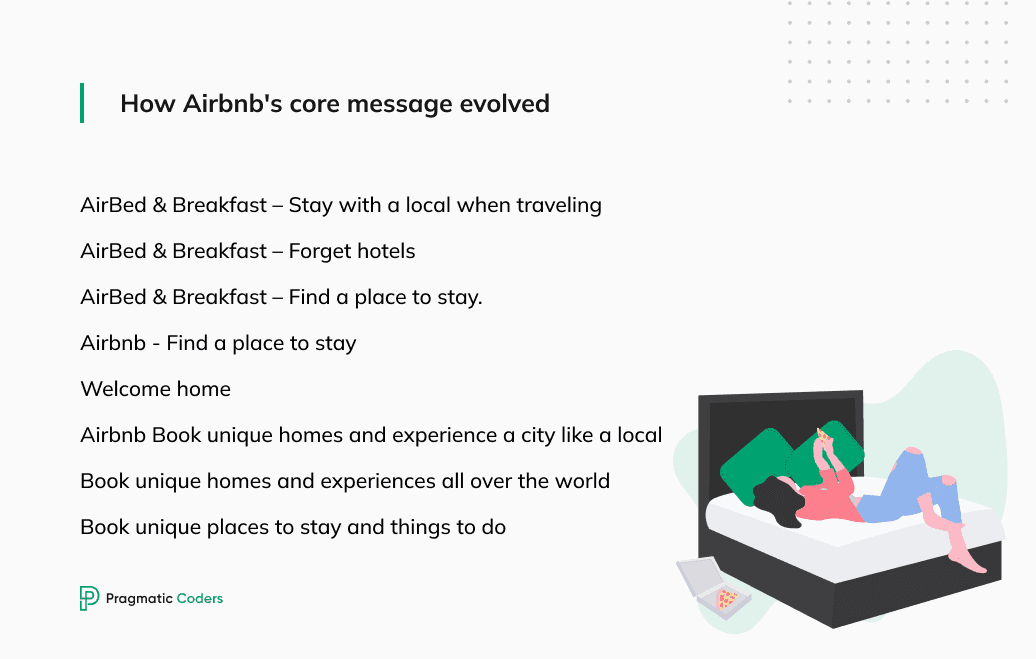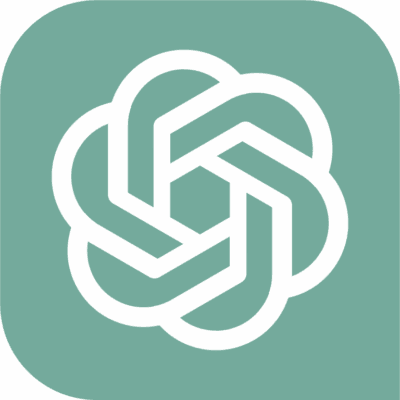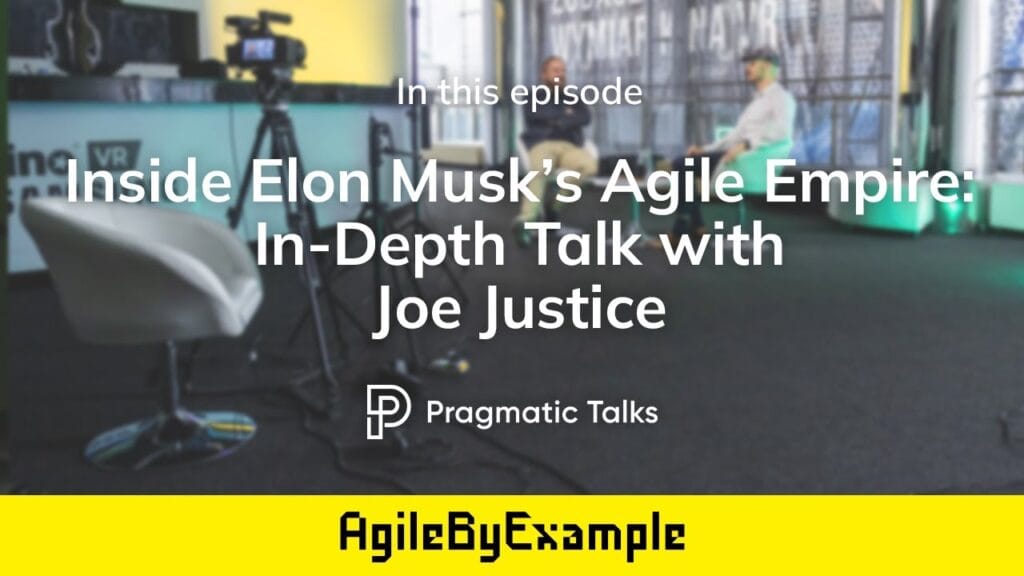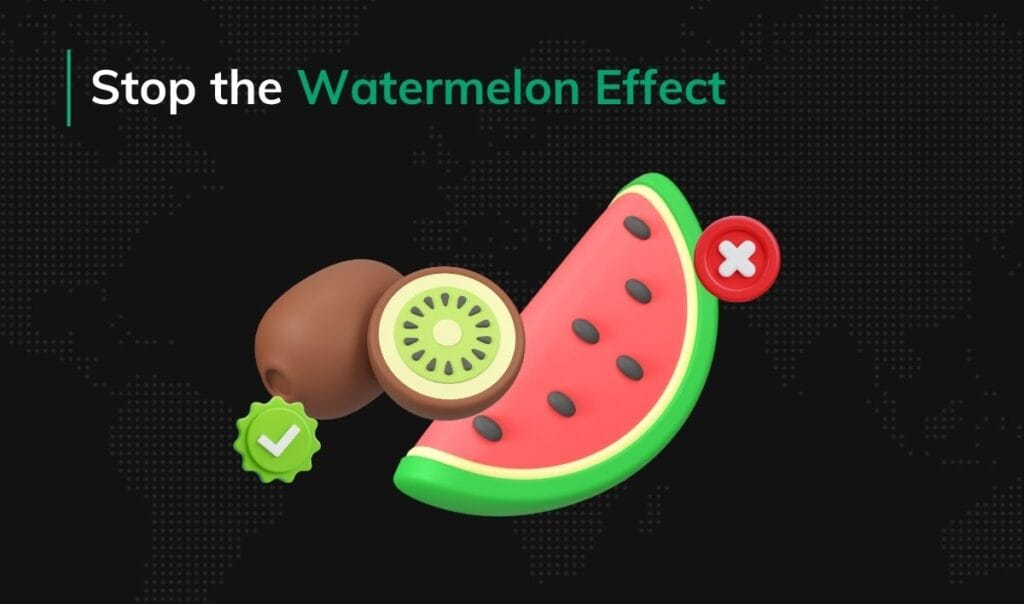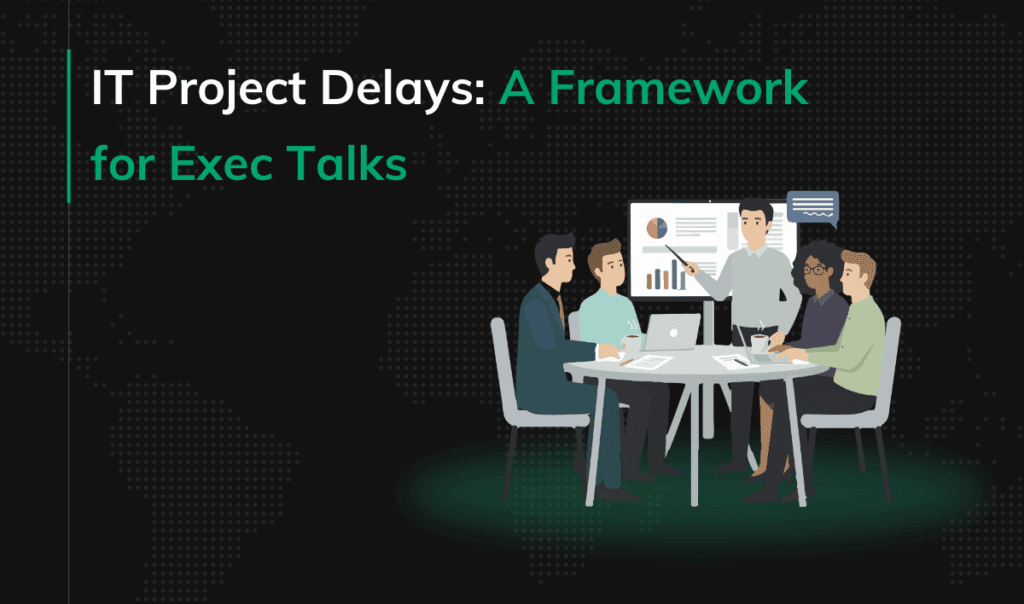How to test your product ideas?
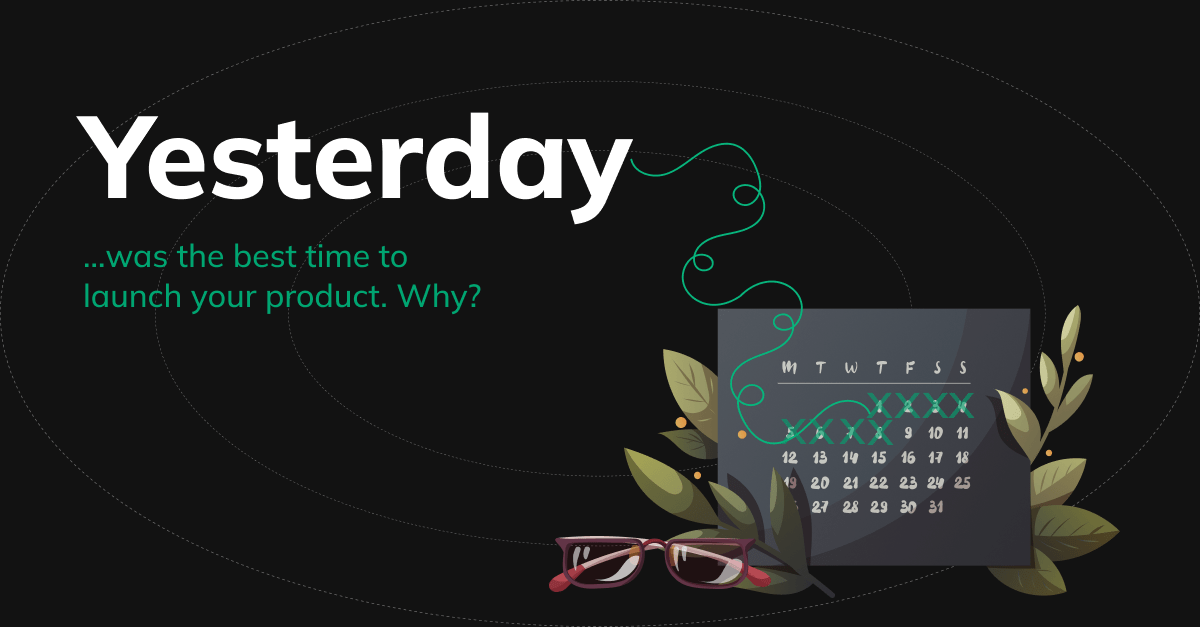
I recently realized that during my career, whether on my own or through Pragmatic Coders, I have been working with over a hundred startups. Since “100” is such a friendly and round number, I thought now was the perfect time to share what I discovered.
In this text:
- The best time to launch your product… was yesterday.
- 8 launch types, and only two of them are product launches.
- The most important thing I’ve learned about launching digital products.
When is the best time to launch my product?
Before I start, I have a question for you.
- If you’re currently working on a startup, how long do you think it will take you to launch it?
- If you have already launched your startup, how long have you worked on it before its launch?
The time it takes to go live depends on many factors.
Let’s assume we’re working on a fintech product. With this type of project, the time-to-market can be as long as two years, mainly because of law regulations and licensing. On the other hand, it can take even just a few weeks in the case of social media apps; the focus here is more on the visual side of the product.
Apart from edge cases (fintech market), if you catch yourself asking, “When is the best time to launch my app?” the answer is pretty straightforward: the best time to launch was yesterday.
I know it might sound scary to you. “How come I should launch my product today? I’m not prepared; the product is not ready yet! It’s not perfect, and I must handle marketing and all the other stuff…”
Well, the truth is that – despite your fears – you are ready to launch it right away, even if you think you are not. Let me explain how to do that below.
Launching too early. The greatest fears of every founder
Most founders I had the pleasure of working with shared the same fear of launching their products.
Here are their common what-ifs:
- What if I launch my product too early, and people will not like it?
- What if I launch it too early, and nobody will use the app?
- What if I launch it too early, and investors will tell me they won’t invest any money in it?
- What if I launch it too early, and my business model will not work?
- What if I launch it too early, and someone will steal my idea?
Many of them understood the importance of showing the product to their target audience and getting feedback. Still, they kept delaying the launch and polishing the product until it was perfect. Don’t get me wrong. Perfection is nothing terrible, but “perfect” takes time, and time equals money.
Founders are liars. They lie to themselves that they know people will love their product (they can only assume that). They build products and functionalities because they’re sure of their ideas but don’t test them with users. And now comes the inconvenient truth: most of the things we develop as software development providers are useless because nobody needs them.
This situation could have been avoided if those founders had asked themselves: “What is the worst thing that could happen after the launch?” The options are:
- People won’t like it…
- Nobody will use it…
- Investors will say “no”…
- Someone will criticize you…
So what? Is there anything wrong with that? It’s ridiculous we’re afraid of making a mistake.
You can always launch again
You can always launch again! And if you fail, you can launch again. And again, and again, and again – until you find out what works. Maybe you’ll find what is best for your target audience. You might even find another target audience or another problem to be solved.
Of course, there’s always the limitation: your budget.
Every time you change your idea, you’ll need to spend more money (or time – depending on your approach. But time is money anyway.)
So, based on what I wrote before, if most founders waste money on software development, maybe the best option would be to launch the product… without the software?
But what does it really mean to launch your product?
What does it mean to go live with your product? When it comes to product launches, people tend to think you need at least an MVP or working software to be ready for the release.
Yes, you need a product for product release, but do you need the product for launch? The answer is “no.” You don’t need MVP for that.
Launch types (product and non-product)
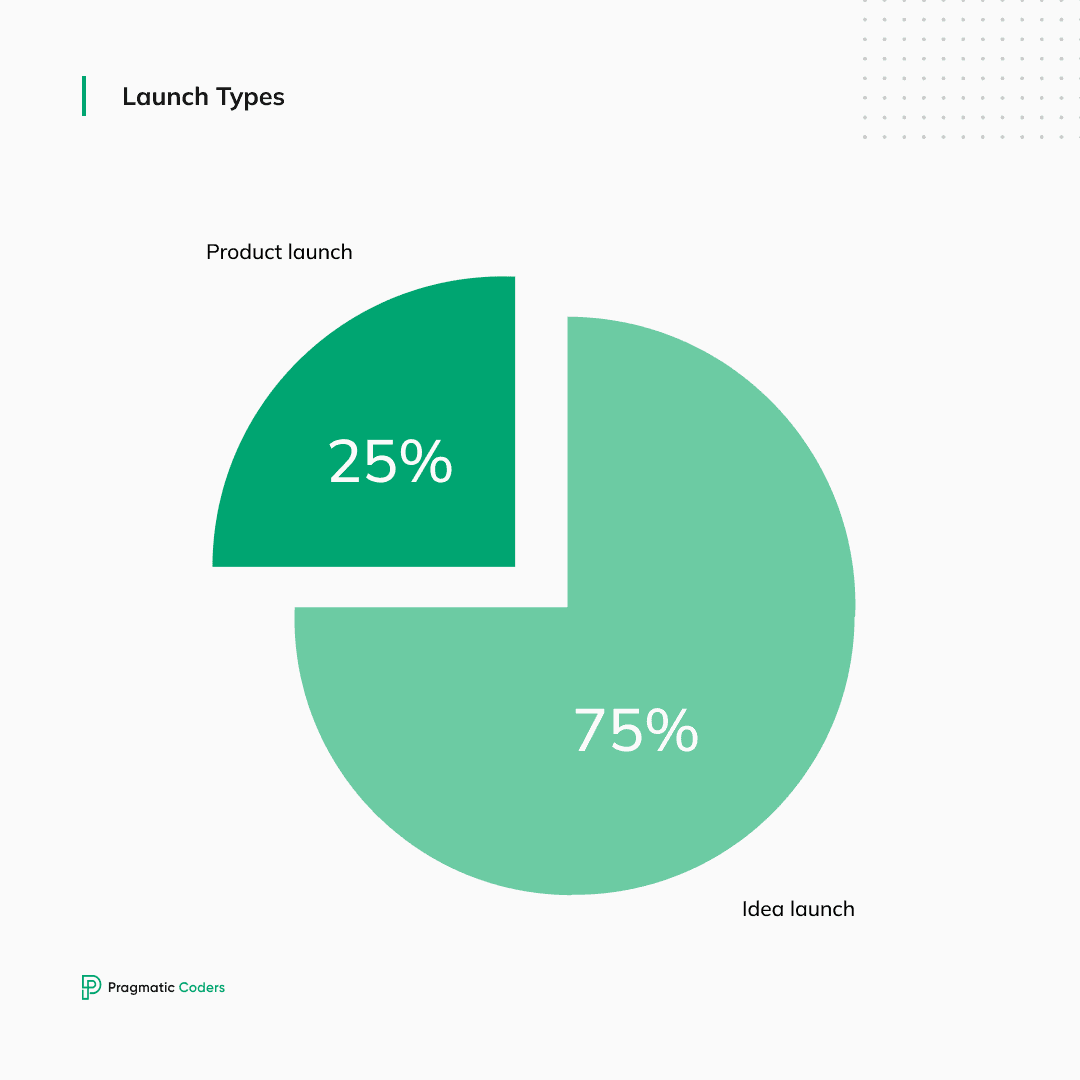
Despite the term “product launch” doesn’t seem really difficult to understand, there are a few nuances we should be aware of.
The first is there are actually a few types of launches that I’ve listed below. And the funny and surprising thing is – you need a real product for only two of them; in the remaining cases, you’re actually launching your idea.
IMPORTANT: Basically, all these launches, if one insists, can be done in parallel (although it may make more sense to perform them chronologically).
Silent launch
The most basic phase. Here, all you need to have is
- Startup name;
- Domain (maybe);
- Landing page (maybe);
- Pitch message – a message that will tell the users what your business is all about and why they should sign up for your waitlist, newsletter or engage with your product idea in any other way;
- Small budget for ads.
Silent launch – pretty easy. You don’t need to hire developers or UX designers because you can do it with no-code solutions – buy a ready website template, ask Midjourney for a website design, and ChatGPT for text. Sounds like one or two days of work to launch your product for the first time.
Additionally, it would be great if you could have some budget for ads to lead traffic to your landing page. This way, you can check if people are interested in your product and want to sign up for a waitlist.
At this stage, it’s good to do at least two things: competition analysis and desk research. Analyzing the competition can prevent you from creating a product for a fiercely competitive market where you would have little chance of success. Desk research will help you better understand the market and audience you’re trying to target.
Actually, you don’t even need a website for that. You can create, for example, a Facebook profile for your future product, write a few posts, invite some friends, add a subscription or contact form there, run some ads, and see how many people are going to leave their contact details because they are interested in your product.
Friends & family launch
You need:
- Friends;
- Family;
- A pitch deck or at least a pitch talk prepared.
This stage is more difficult because you need to have friends. I know it might be tricky. 😉
If you don’t have friends, you may find a community (of random people) potentially interested in testing your product and ask them to do so. It’s good to have a pitch deck or at least some pitch talk to present your idea.
Warning! Be skeptic. Your friends & family are NOT objective at all.
I often see this: many founders stop asking for opinions at this stage and go straight to software development. They limit the sources of feedback to their F&F. A few months later, when the actual launch to real users (strangers) happens, they are surprised nobody wants to use their product.
Demo launch
You need to:
- Create a demo version of your product or a clickable prototype (for example, in Figma). At least a low- or high-fidelity design will be required here.
- Show it to your friends & family (and their friends and families). This is an excellent method of reaching a slightly larger audience. Let’s assume you’re building a medical app and want to show it to someone with a medical background. You might not have any doctors in your network – but your friends (or their friends) probably do.
- Observe how they use it. For this, if you do it on your own, it’s good to have some knowledge of UX research – for good practices and to ensure the results will be objective.
However, from our experience, it’s best if founders don’t participate in user interviews. Of course, while conducting them on behalf of our clients, we ensure thorough documentation for their review. But we ask them not to participate in the interviews because then they usually bias the entire process. - Interview them (UX research interview).
Product launch to communities
The next type of launch is a “community launch.” It can be a community centered around some event or a Facebook group. Again, it’s a great way to get feedback. Of course, you can also start building your own community about your future product, but it will take too much time before you will get significant results from such a launch in this group.
You need to be a part of the:
- communities to which your customers belong;
- startup communities and have access to portals such as:
- Hacker News,
- Product Hunt,
- Etc…
Some time ago, I was working in a blockchain startup focused on ebook licensing. I joined 20 or 30 Facebook groups of people who are interested in book exchange or audiobooks.
I described the product idea in a few sentences, asked for opinions, and… learned that nobody would use it because of existing solutions.
Despite the negative outcome, the time spent on Facebook was worth it; I saved lots of money I would have wasted on developing a product nobody would ever use.
Product launch to strangers
Another type of launch is much more complex. It’s launching your product to strangers.
You need:
- Your waitlist from the silent launch. By now, it’s likely there are at least a few people on it. It’s an excellent time to reach out and remind them about your existence. Maybe later, once you’ve released an actual product, they’ll convert into your customers.
- Some budget for more ads. If your waitlist is short, you’ll need to extend it with the help of ads.
Contact those people, use some tools to record their sessions in the app, and ask for feedback. Those are the people that have already shown interest in your product idea, so their opinion might be especially valuable.
Preorder launch or crowdfunding
Next, we have a preorder launch or crowdfunding.
A preorder launch is a marketing strategy where customers can reserve and buy a product before its official release date. It’s often associated with crowdfunding platforms.
Launching preorders on crowdfunding platforms is a great way to access quantitative feedback. You will get exact numbers showing you how many people are interested in your product (would like to preorder it) because they believe it can solve their problems.
You need:
- Well-prepared marketing materials</strong>;
- Validated problem-solution fit</strong>;
- Some social proof.
Early-access launch (waitlist launch)
Here, we’re actually coming to the point when an MVP is a must.
You need:
- MVP;
- Your waitlist;
- Your community (hopefully, you’ve managed to build it up to this point);
- Time and resources for PR & marketing.
You invite people from the waitlist to get access to a closed beta version of your product. You “let your users in” in batches to test the app and gather feedback on an ongoing basis. Once you’ve done this, you can move on to the last stage.
MVP public launch
🎉🎉🎉
You need:
- MVP;
- Money and time for promotion or another way to get traction.
Since, at this stage, you’ll need even more money, many startups start looking for investors. The bad news is that in 2023, there aren’t as many funding opportunities as before. In the earlier stages, the chance of securing money is almost close to 0%.
The real chance of getting funds really begins here, with MVP public launch. Yet, keep in mind we’re talking about some smaller-scale investors like business angels who might be up for funding. Additionally, notice that the investments will be smaller, and they might come with a higher percentage of equity.
Why are the investors eager to give you money only at this stage? The risk is much lower. Still, they can get a lot of shares for usually relatively small investments. This is the first moment in the product development process where you can show them any real data (such as user acquisition cost, estimated income, or traction) and give any actual predictions.
CASE STUDY. Health Folder: Your digital medical documentation folder
It’s easy to talk about others. But what about me? I guess I should walk the talk.
I’m a startup founder of my own, and I’m currently going through most of the stages described above with my own product.
If you’re curious to see how me and my team are building it step by step, here’s the story in episodes.
Conclusions
The most important thing – the key – I’ve learned, having worked with over 100 startups, is: ALWAYS BE LAUNCHING!
You’ve got to launch all the time. Remember – you don’t need a product for six of the eight launch types I described above.
If you start to do that early, you will avoid many problems later, it will be easier to catch up with your competitors, and you will probably never face serious quality issues.
There’s nothing stopping you from starting right now.
Also, if you’re at an earlier stage of startup development and looking for a fast and easy way to research your idea, we’ve got something for you! Our AI-based Market Research Tool can help you validate and conduct market research for your business idea in seconds, providing detailed market analysis, competitor insights, and potential revenue opportunities. It’s an invaluable resource for refining your business strategies and ensuring your product meets market demands effectively.

